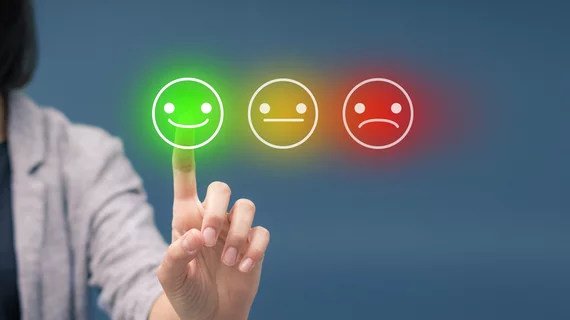Radiologists report average happiness, self-esteem compared to other specialties
Are radiologists happy? How do they compare with physicians from other specialties? The Medscape Physician Lifestyle & Happiness Report 2019 explored these very questions, with more than 15,000 physicians sharing answers about their lives outside of work and overall happiness. Physicians responded between July 27 and October 16, 2018.
Fifty-three percent of radiologists are happy outside of work, according to the report. This places radiology in the middle of the pack, No. 16 out of the 29 specialties included in the study. Rheumatologists were No. 1 at 65 percent, while neurologists were No. 29 at 45 percent. Overall, 40 percent of physicians said they are “very happy” outside of work, 25 percent said they are “somewhat happy” and another 12 percent said they are “extremely happy.”
The study also looked at which physicians had consistently high self-esteem. Fifty-seven percent of radiologists answered that they have high self-esteem, placing the specialty at No. 17 out of 29. Plastic surgeons were No. 1 with 73 percent, while infectious disease specialists were No. 29 at 47 percent.
In addition, according to the report, 53 percent of radiologists have happy marriages, placing it at No. 14 out of 29.
Four percent of survey respondents were radiologists. Some specialties were represented by higher percentages (13 percent were in family medicine, 10 percent were pediatricians), and several specialties were represented by one percent of respondents. Also, 62 percent of respondents were male. Sixteen percent of respondents were ages 55 to 59, 15 percent were ages 60 to 64 and 14 percent were ages 50 to 54.

